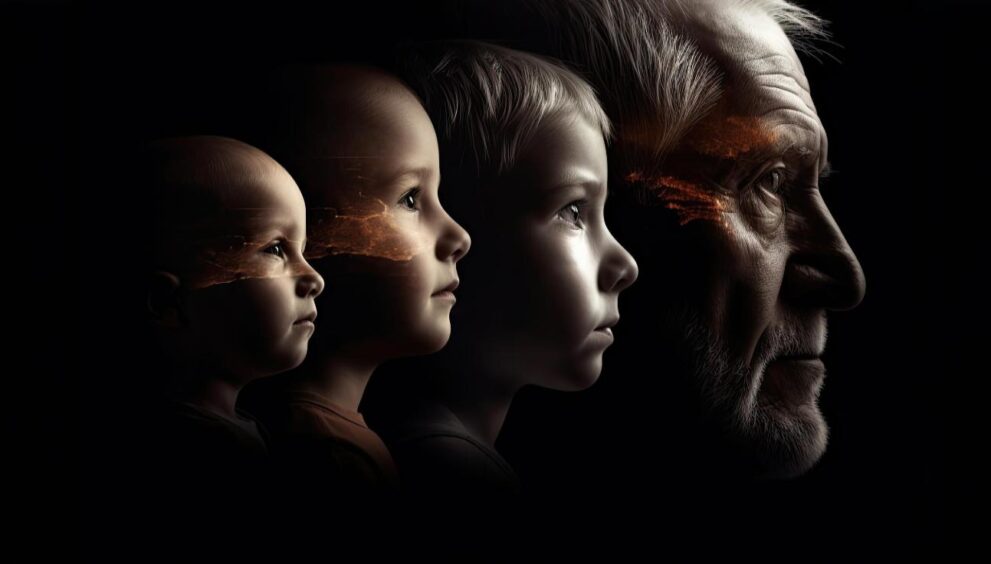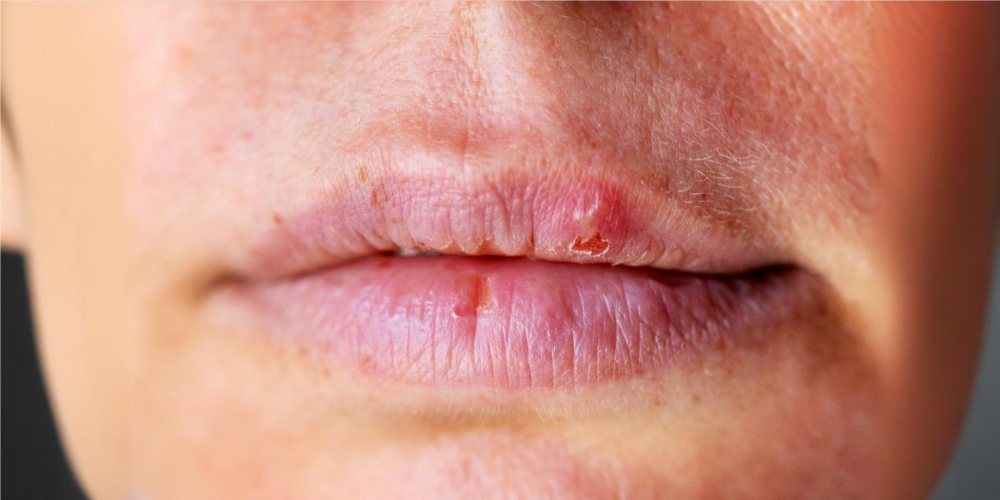STUDY: Is your biological age more than your chronological age? It may raise dementia risk
A research tracking over 280,000 people finds that your body’s “real age” might predict dementia better than your birthdate
Author
Author
- admin / 9 months

- 0
- 3 min read

Author
People whose biological age is higher than their chronological age may be more likely to develop dementia than people whose biological age matches or is lower than their chronological age, according to a study published in Neurology, the medical journal of the American Academy of Neurology.
“Biological age is based on biomarkers of aging such as lung function, blood pressure and cholesterol,” Neurology reported.
The study does not prove that advanced biological age causes dementia; it only shows an association.
“With the rising impact of dementia around the world, identifying risk factors and implementing preventive measures is essential,” said study author Yacong Bo, PhD, of Zhengzhou University in China. “While none of us can change our chronological age, we can influence our biological age through lifestyle factors such as diet and exercise.”
As described in Neurology, the study involved 280,918 participants in a United Kingdom database who were an average chronological age of 57 at the start of the study and did not have dementia at that time. They were followed for an average of 14 years. During that time, 4,770 people developed dementia.
Two methods to measure biological age
The researchers used two methods to measure biological age. According to Neurology, “In addition to lung function, blood pressure and cholesterol, the methods measured other biomarkers in the blood, such as average cell volume and white blood cell count. These methods show how different parts of the body, like metabolism, immunity, liver, kidneys, heart and other systems, work together as we age.”
“While the people who later developed dementia had an average chronological age of 65 at the start of the study compared to 57 for those who stayed free of dementia, their average biological age was 55 by one of the methods, compared to 45 for those with no dementia,” the journal reported.
“When dividing the participants into four groups based on biological age, researchers found that those with the most advanced biological age were about 30% more likely to develop dementia than those in the lowest group,” Neurology said. “These results adjusted for other factors that could affect the risk of dementia, such as age, education level and smoking status.”
The researchers also found that people with advanced biological age had changes in their brain that are associated with dementia, such as loss of gray matter volume.
“These brain structure changes explain some, but not all, of the association between advanced biological age and dementia,” Bo said. “These results support the hypothesis that advanced biological age may contribute to the development of dementia by causing a widespread change in brain structures.”
A limitation of the study was that participants in the database tend to be more health conscious than the general population, so they may be less likely to develop dementia, Neurology noted.
Also read: Weekly Exercise Lowers Dementia Risk by 15%, Study Finds
Do you have a health-related claim that you would like us to fact-check? Send it to us, and we will fact-check it for you! You can send it on WhatsApp at +91-9311223141, mail us at hello@firstcheck.in, or click here to submit it online.









